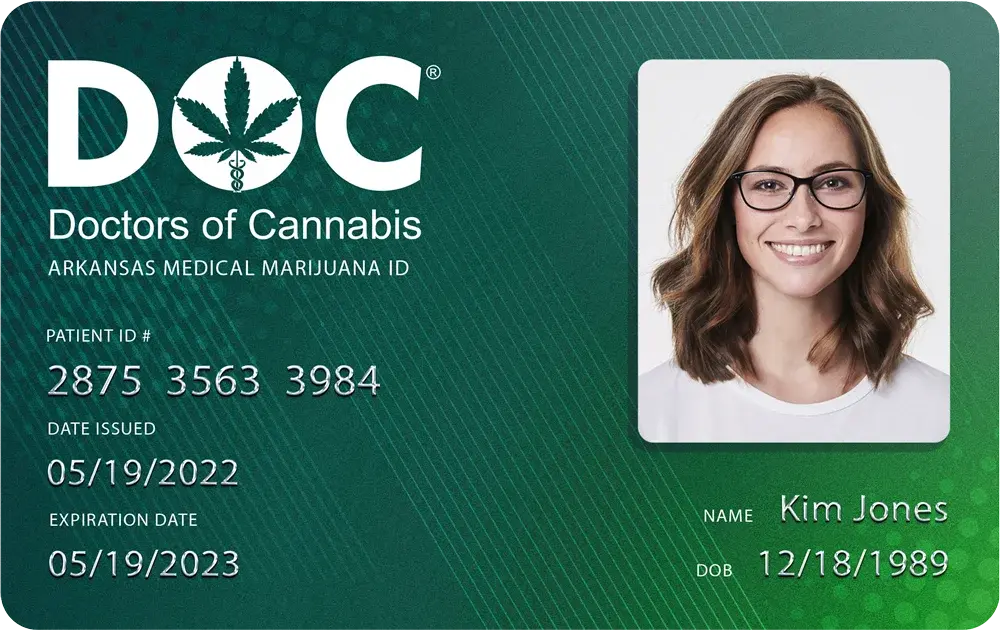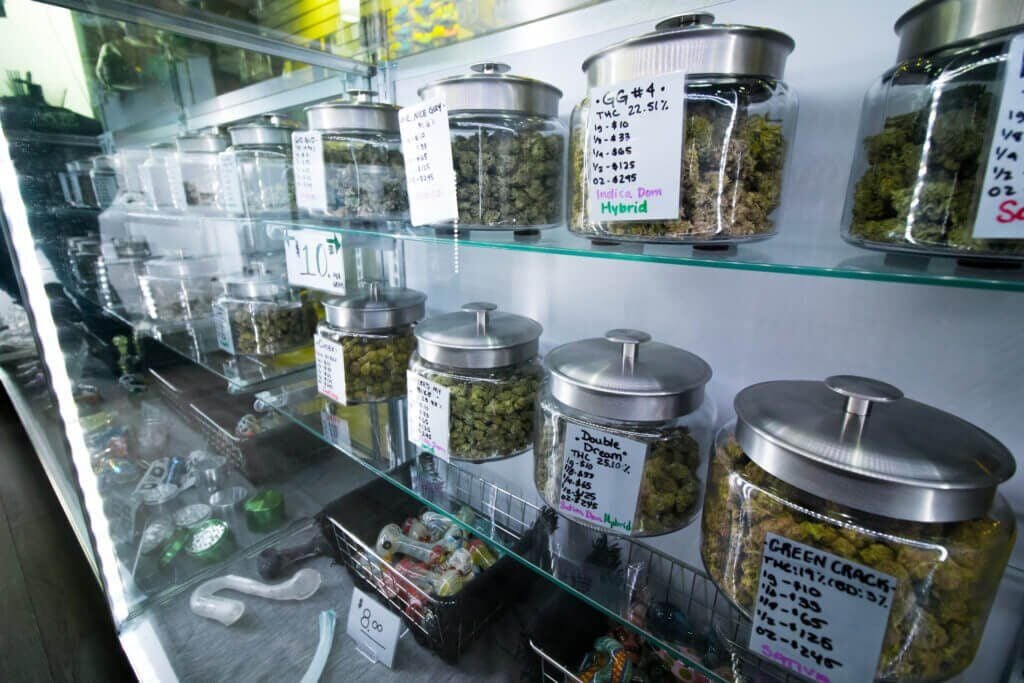8 min read
15 Things You Should Know About PA Medical Marijuana
In 2020, economists valued the global, legal market for cannabis at $20.5 billion. Now, that market has expanded to almost every state in the...

Pennsylvania’s medical marijuana program has been a game-changer for many residents since its inception in 2016. With a growing list of qualifying conditions and an increasing number of dispensaries, more Pennsylvanians are turning to cannabis for relief from chronic pain, anxiety, and other debilitating conditions. But how do you get started? This comprehensive guide will walk you through the process of obtaining your medical marijuana card in PA, step by step, ensuring you have all the information you need to access the relief you deserve.
The Pennsylvania Medical Marijuana Program, established under the Medical Marijuana Act, provides legal access to cannabis for patients with specific medical conditions. Overseen by the Pennsylvania Department of Health, the program has helped thousands of residents manage their symptoms more effectively. Whether you’re new to medical marijuana or looking to understand the application process better, this guide will serve as your roadmap to becoming a registered patient.
For a broader overview of medical marijuana basics, check out our post on Medical Marijuana 101.
To qualify for a medical marijuana card in Pennsylvania, you must have a diagnosis for one of the state’s approved conditions. These include, but are not limited to:
Pennsylvania’s list of qualifying conditions is regularly reviewed and updated, so it’s worth checking the official Pennsylvania Department of Health website for the latest information. If you’re unsure whether your condition qualifies, consult with a certified physician or explore our articles on Cannabis for Chronic Pain or Medical Marijuana and Anxiety to learn more about how cannabis can help.
Obtaining your medical marijuana card in PA involves a few key steps. Here’s a detailed breakdown to ensure you navigate the process smoothly:
To ensure your application is processed without issues, keep these tips in mind:
For more advice on avoiding common mistakes, check out our post on Top Mistakes to Avoid When Applying for a Medical Marijuana Card.
Once you have your medical marijuana card, you can visit any of the state’s licensed dispensaries. Pennsylvania has a growing network of dispensaries offering a variety of cannabis products, including:
To find a dispensary near you, use the Pennsylvania Medical Marijuana Dispensary Map.
Not sure which product is right for you? Our guide to Choosing the Best Cannabis Product for Your Needs can help you make an informed decision.
While Pennsylvania’s medical marijuana program offers many benefits, it’s important to understand the legal framework to stay compliant:
For a deeper dive into Pennsylvania’s cannabis laws, visit our post on Understanding Pennsylvania’s Medical Marijuana Regulations. You can also refer to the Pennsylvania Department of Health’s FAQ for official guidance.
Obtaining a medical marijuana card in Pennsylvania is a straightforward process that can open the door to natural relief from a variety of conditions. By following the steps outlined in this guide—registering online, obtaining a physician’s certification, submitting your application, and receiving your card—you’ll be on your way to accessing the cannabis products that can improve your quality of life.
Ready to get started? Visit the Pennsylvania Medical Marijuana Program website today to begin your application. For more resources and support, explore our blog at Docs of Cannabis or reach out to us directly at Docs of Cannabis Contact.

8 min read
In 2020, economists valued the global, legal market for cannabis at $20.5 billion. Now, that market has expanded to almost every state in the...

Ohio’s medical marijuana program has opened new doors for patients seeking natural relief from a variety of conditions. Whether you’re new to medical...

7 min read
In 2015, Texas lawmakers passed Senate Bill 339, known as the Compassionate Use Act. The legislation was the first to allow the legal use of...